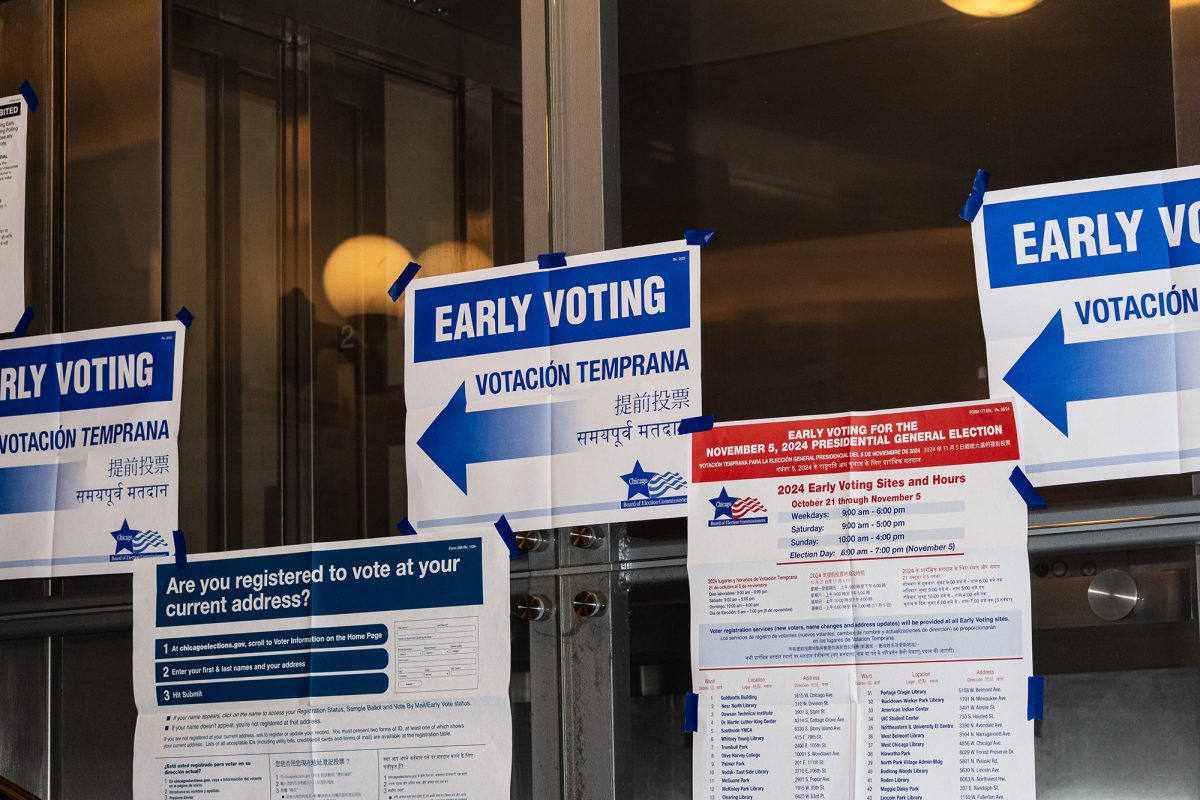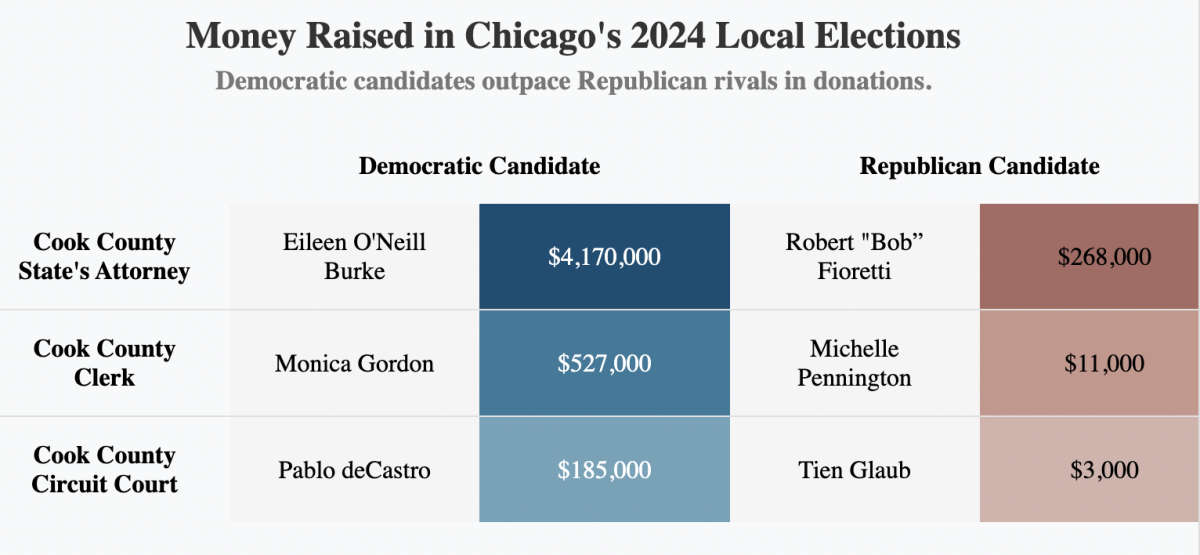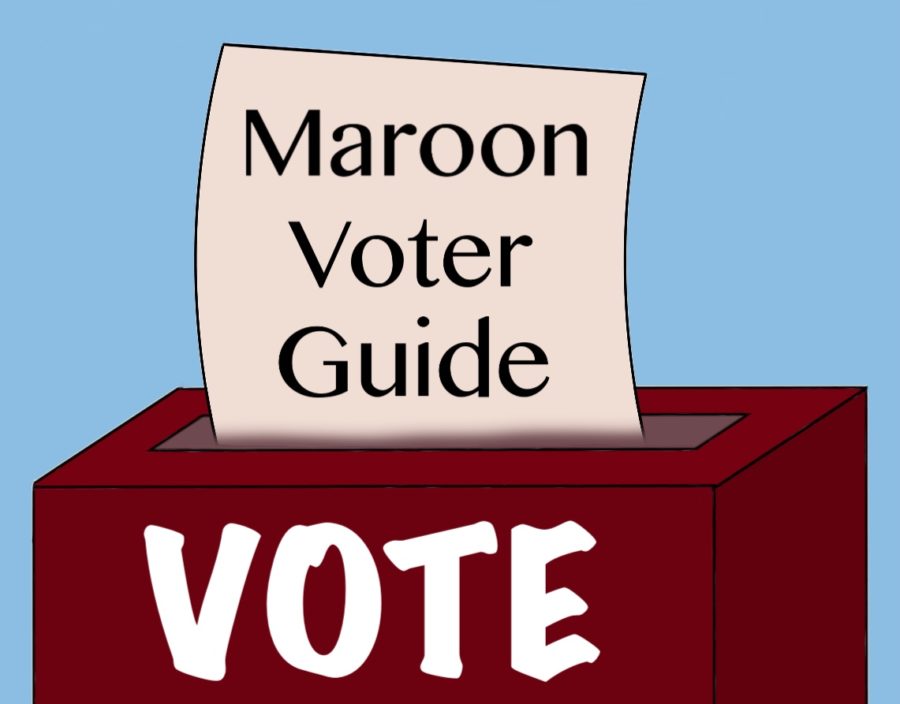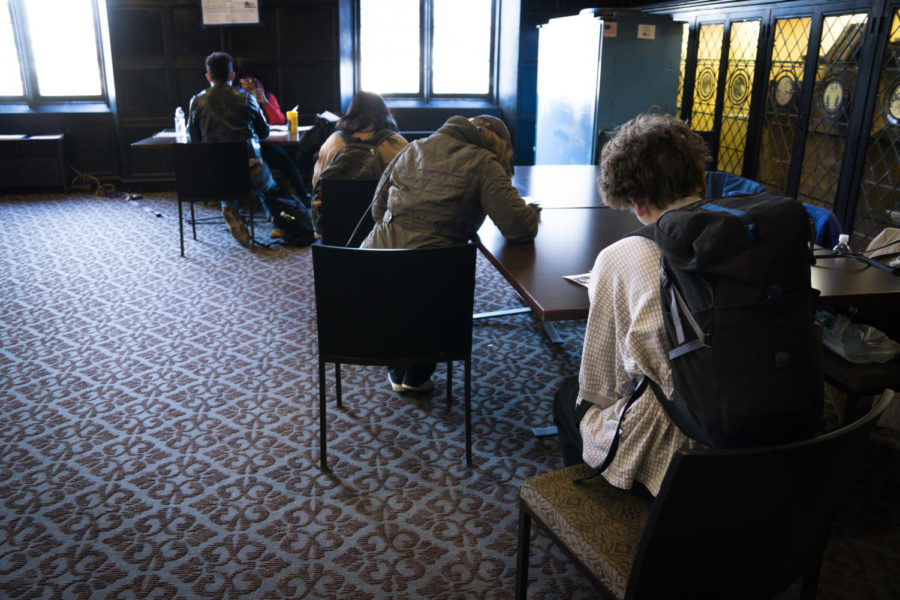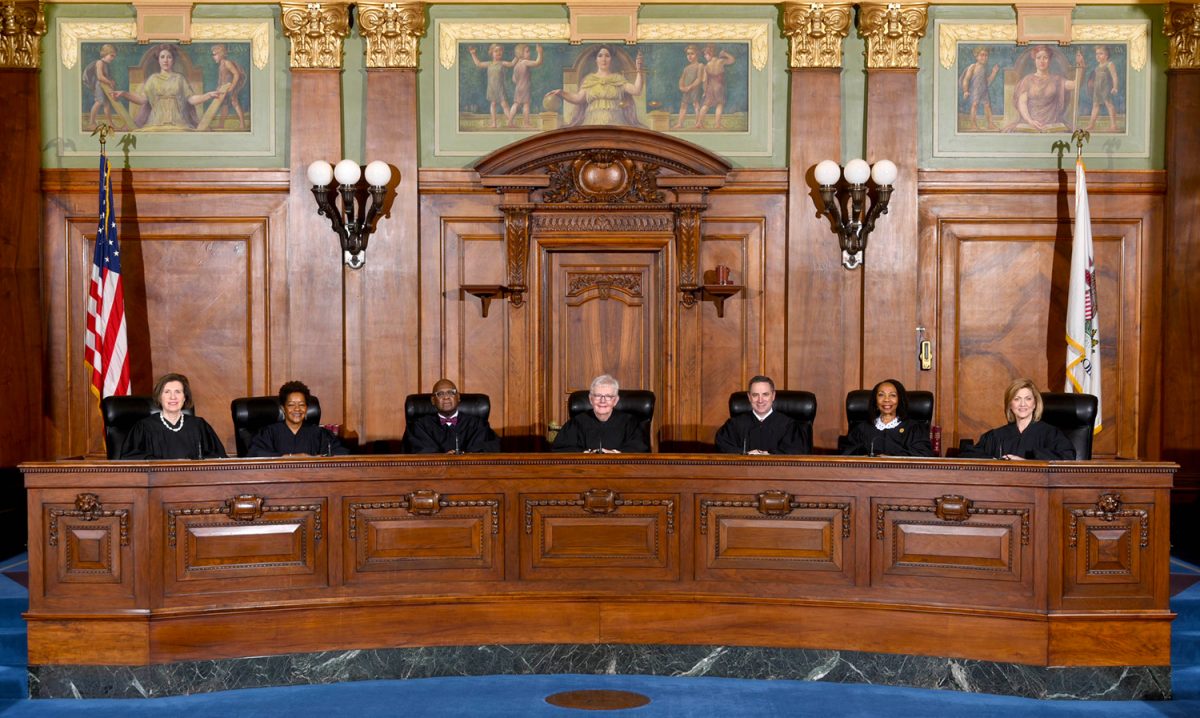On November 5, in addition to electing representatives in state, local, and federal races, Illinois voters will also be able to vote “yes” or “no” on three advisory questions regarding election interference, income taxes, and reproductive health care.
These questions are non-binding, meaning that their results have no legal effect. They are used to gauge public support for different policy propositions. All three of this year’s advisory questions reached the ballot with majority Democratic support in both legislative chambers and signatures from Democratic Governor J. B. Pritzker.
The last time statewide advisory questions appeared on the Illinois ballot was in 2014, when an advisory question proposing a potential minimum wage increase received a majority “yes” vote. Some believe that this result, in part, led to the passage of the 2019 bill to increase the state minimum wage to $15 by 2025.
This year’s questions are as follows:
- Penalties for Candidate Interference with Election Worker’s Duties Advisory Question
This advisory question seeks to combat election interference by political candidates. If passed, it would support the establishment of “civil penalties” for any Illinois candidate for a federal, state, or local office who successfully or unsuccessfully interferes with the duties of election workers. This comes amid growing threats against and safety concerns for election officials in Illinois and nationwide. In fact, 39 out of 102 leaders of Illinois county clerk’s offices have stepped down since 2020, reflecting an almost 40 percent turnover rate.
- Income Tax Advisory Question
Also on the ballot is a tax proposal that would repeal the current Illinois constitutional requirement of a flat income tax and instead implement a 3 percent tax increase on incomes over $1 million. It is uncertain how much support this measure, which seeks to garner funds for property tax relief, will receive. In 2020, an attempt to pass a similar policy as law failed despite a $58 million donation from Governor Pritzker to the cause. However, now as an advisory question, its wording has been altered to specify the tax rate and who would be affected by it. Former Illinois Governor Pat Quinn has been a vocal advocate of the 2024 measure.
“This November, we the people of Illinois have the power to use the voter referendum to build a taxpayer movement that reforms Illinois’ unfair property tax code in a meaningful way,” Quinn wrote in an article for the Illinois Times. If passed, this proposal could yield an additional $4.5 billion in tax revenue for Illinois, which would be used to provide rebates to homeowners.
- Assisted Reproductive Healthcare Advisory Question
This measure asks Illinois voters whether insurance coverage should be expanded to include fertility treatments like IVF, reflecting an effort supported by state Democrats and led nationally by Democratic Illinois Senator Tammy Duckworth with the Right to IVF Act. Illinois Right to Life, a pro-life lobbying group active in state politics, strongly opposes the question and has urged voters to vote “no” in its 2024 voter guide.
Earlier this year, the conservative group Parents Matter Coalition ran an unsuccessful signature-gathering campaign to include the following advisory question in the statewide ballot:
“Shall the written consent from a minor’s parent or guardian be required before any entity, person, clinic or school can provide a minor (under the age of 18 years) any non-emergency medical procedure, medication, pharmaceutical, or any gender modification procedure, gender identification counseling or gender therapy?”
The effort only reached around 100,000 of the necessary 328,000 signatures; regardless, the Democratic-majority legislature prevented a formal petition from being filed at all by preemptively filling up the maximum three advisory questions.
Many Illinois voters will also see additional advisory questions from their municipalities, townships, and counties on their ballots. Several Illinois counties, for example, will be voting on a non-binding question proposing that downstate counties separate from Cook County to form a new state. Voters in Calhoun, Clinton, Greene, Iroquois, Jersey, Madison, and Perry County will face the following ballot question:
“Shall the board of _______ County correspond with the boards of other counties of Illinois, outside of Cook County, about the possibility of separating from Cook County to form a new state and to seek admission to the Union as such, subject to the approval of the people?”
At least 25 other Illinois counties have considered similar questions since 2019, with results leaning heavily in favor of separation. Illinois Attorney General Kwame Raoul has expressed doubts about the legality of such a secession. Earlier this year, Governor Pritzker expressed his opposition to such referendums, saying, “It shouldn’t be something that’s part of the lexicon and discussion of politicians” and “We’re one state. We’re supporting each other.”



